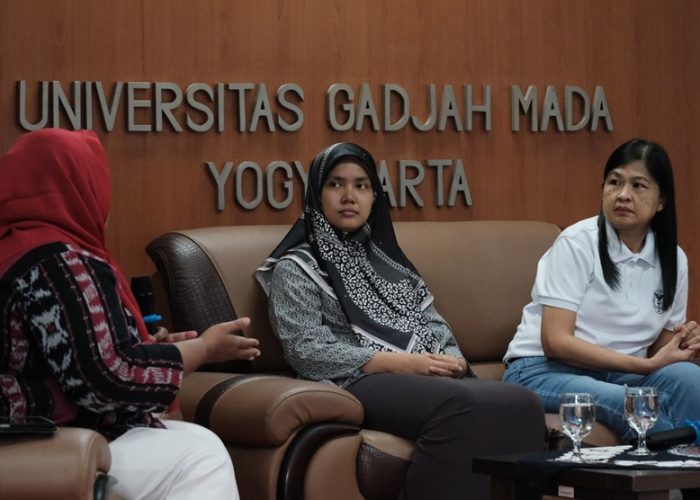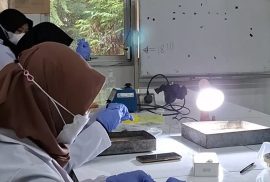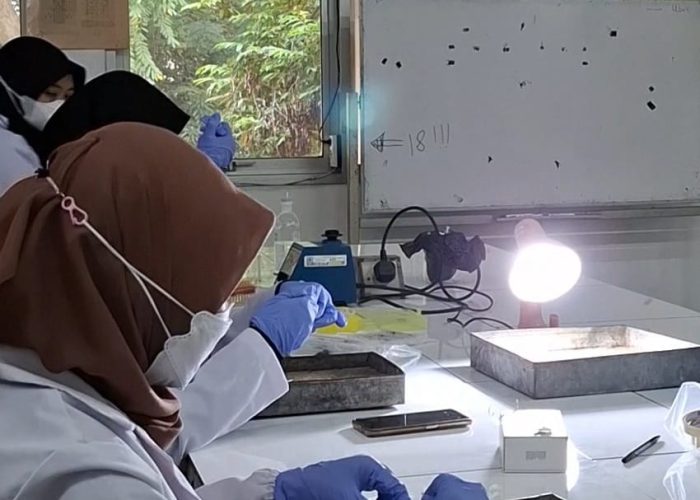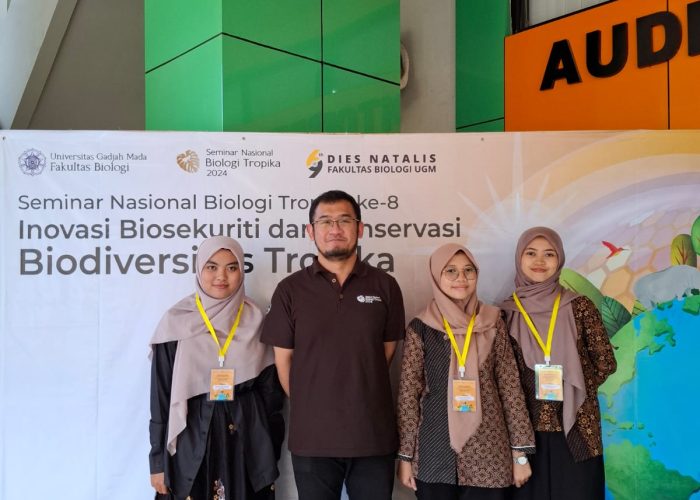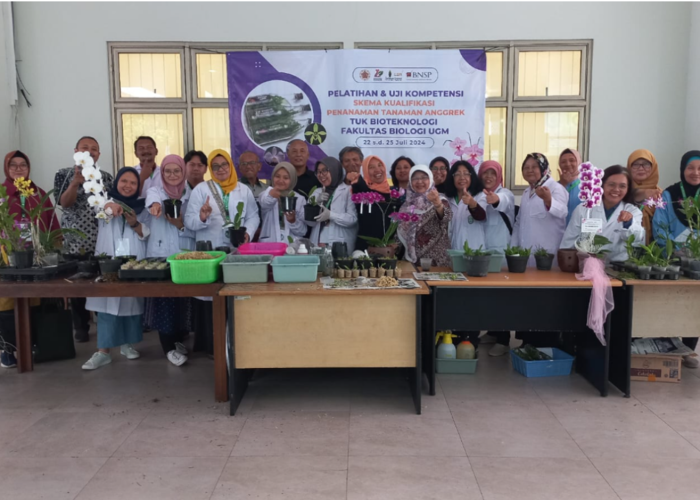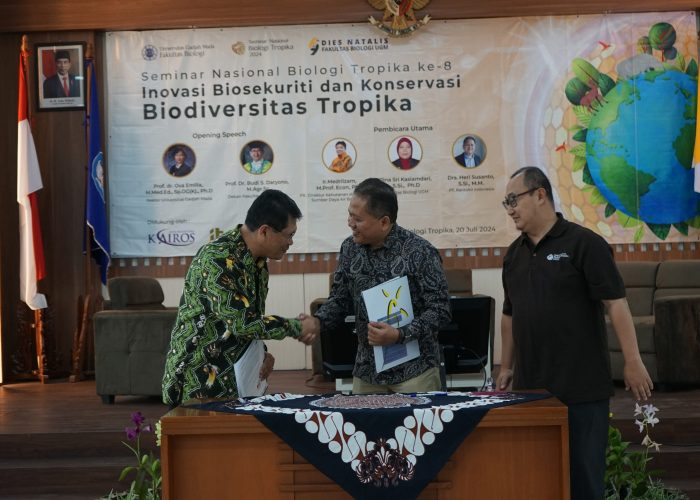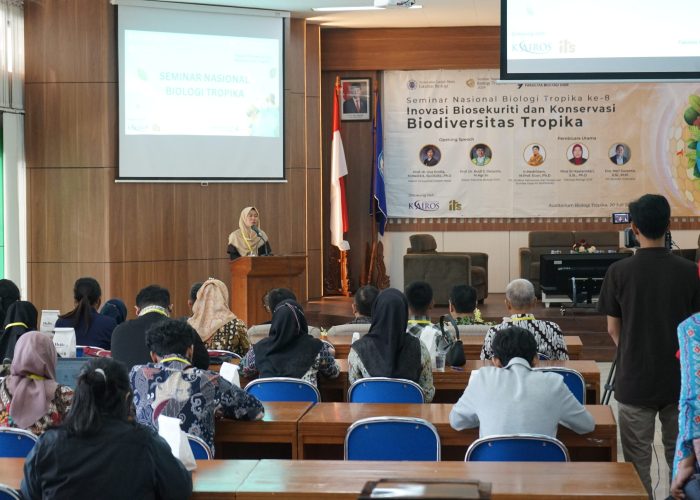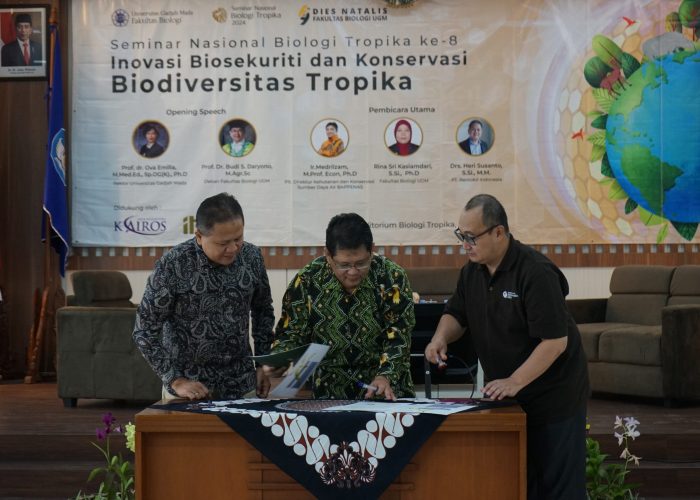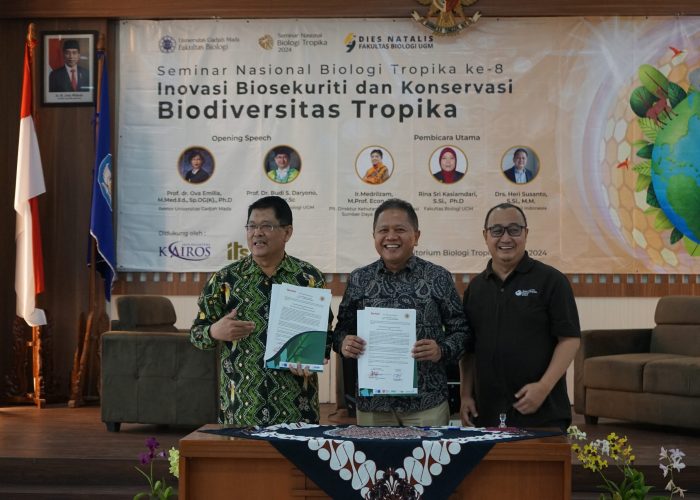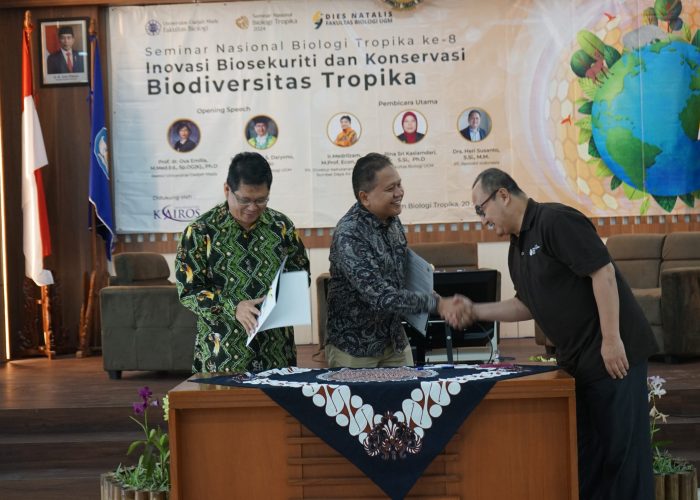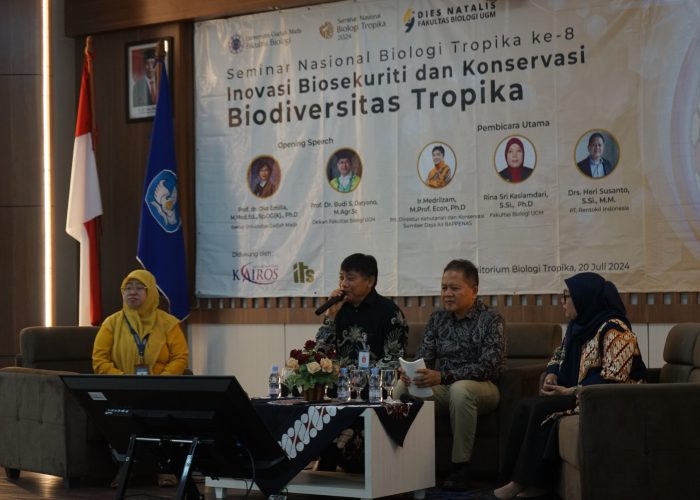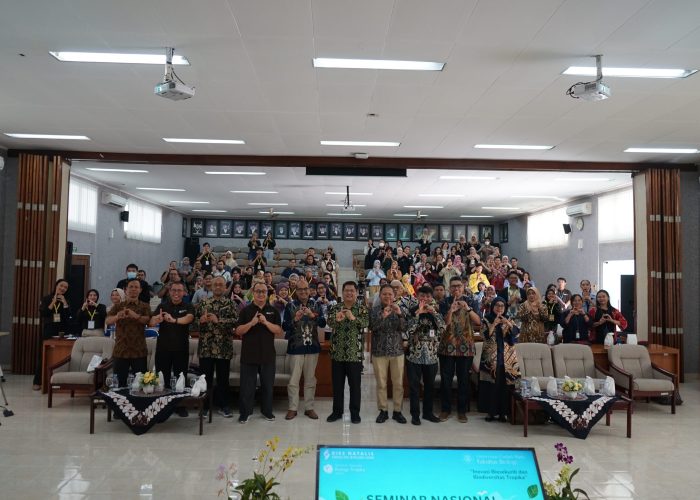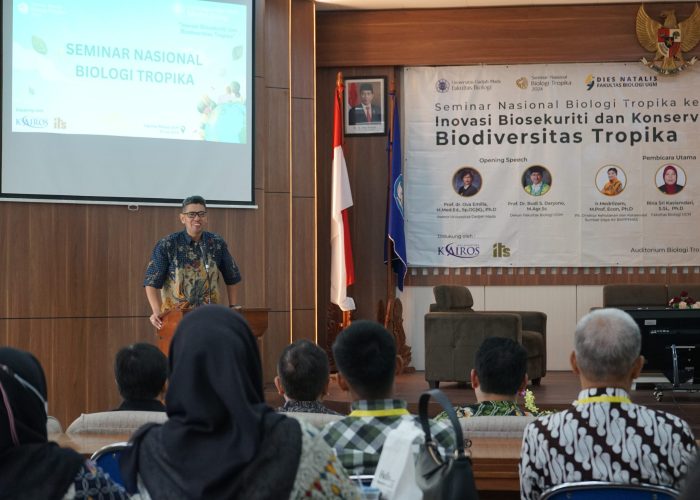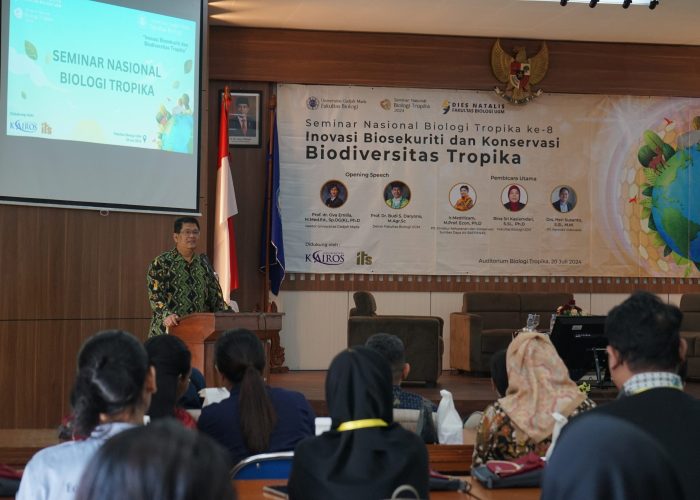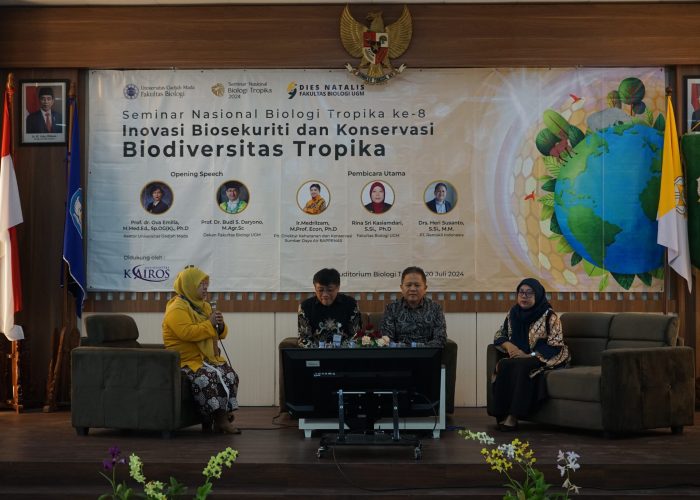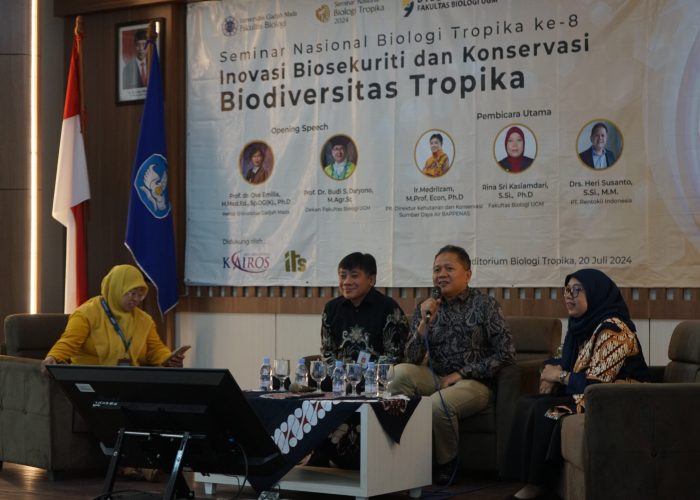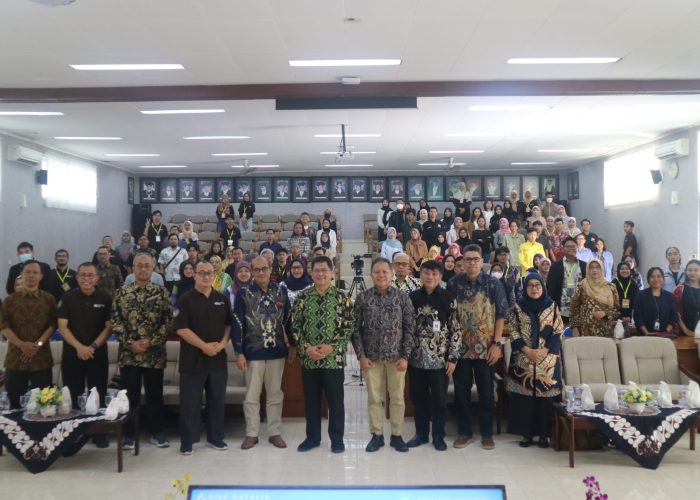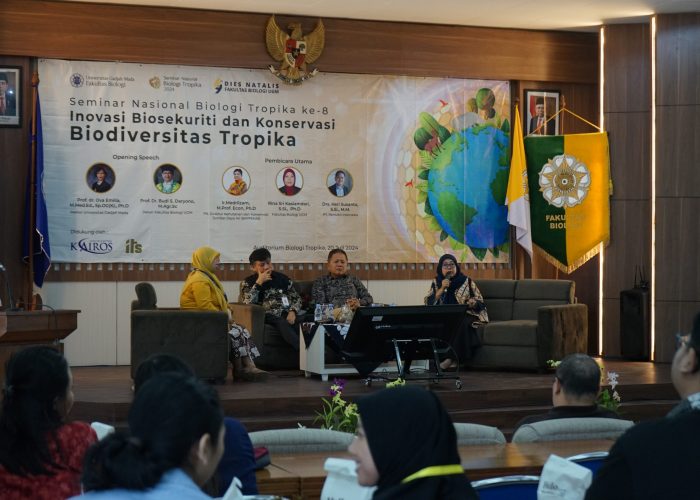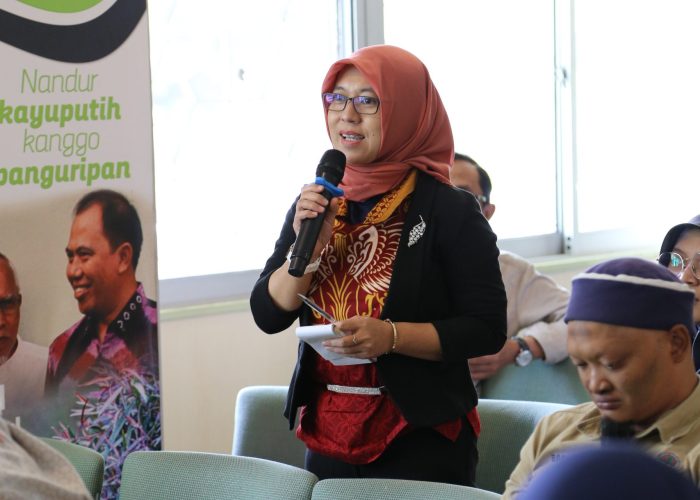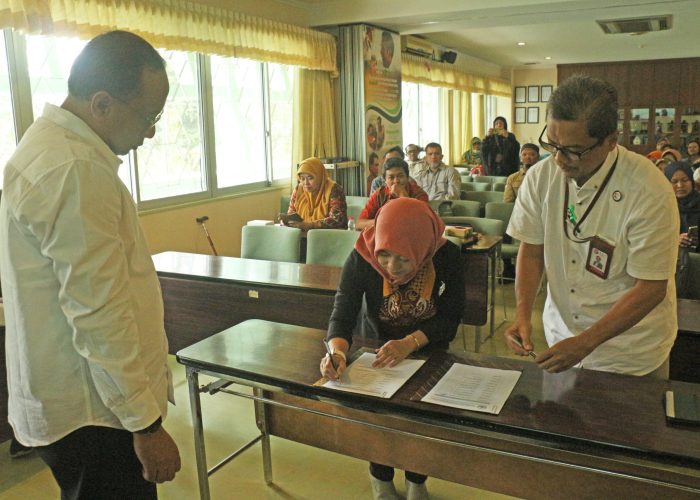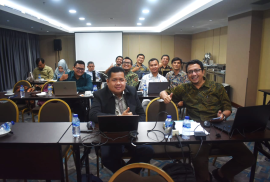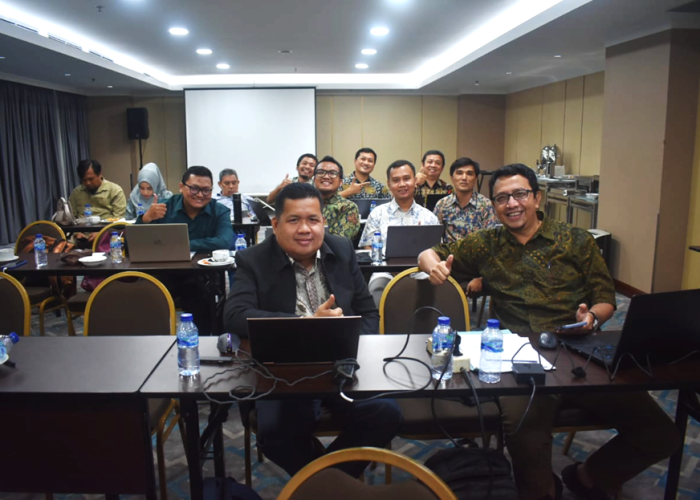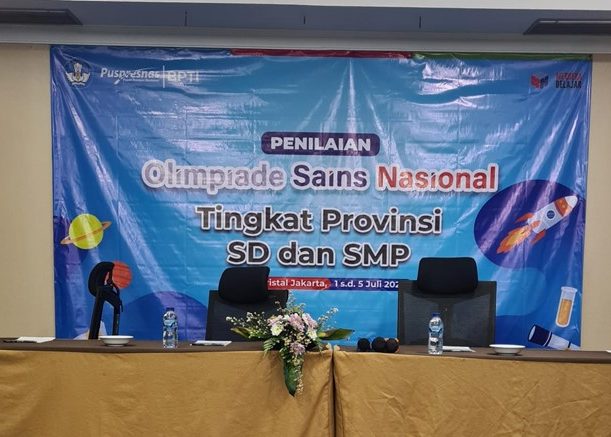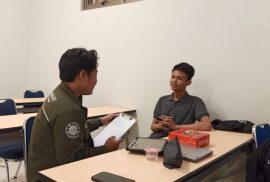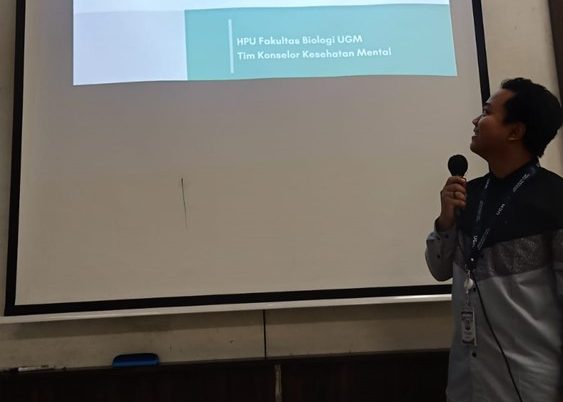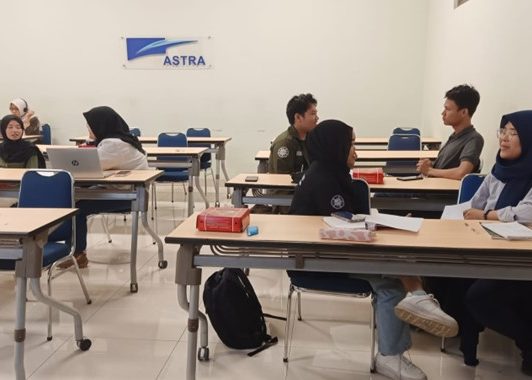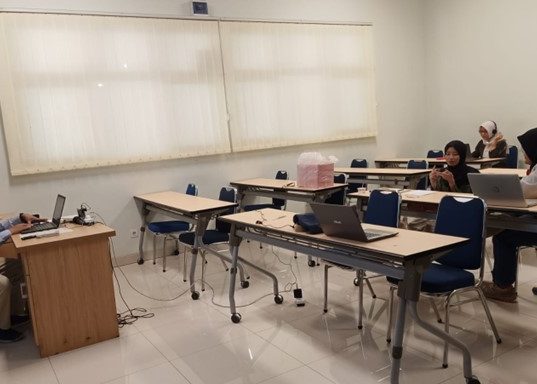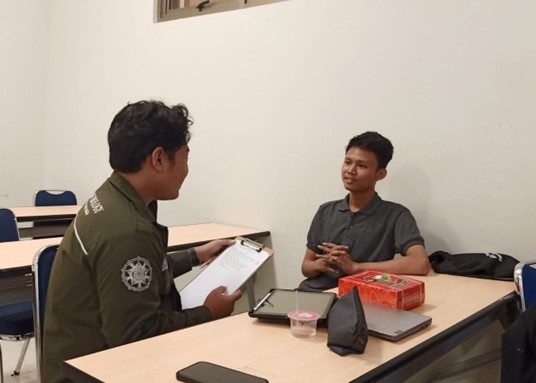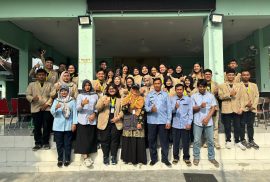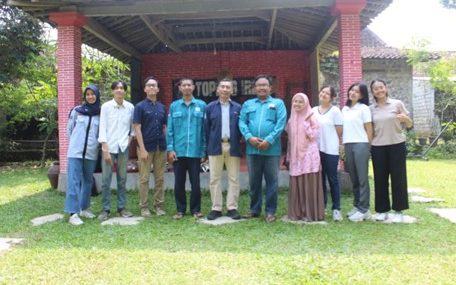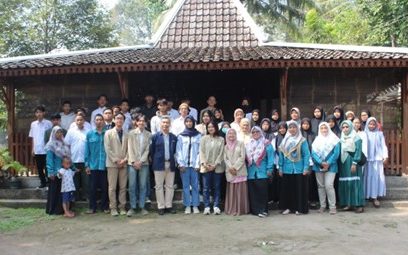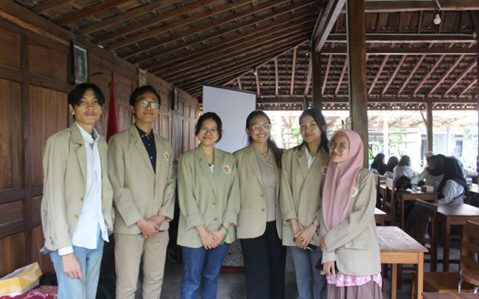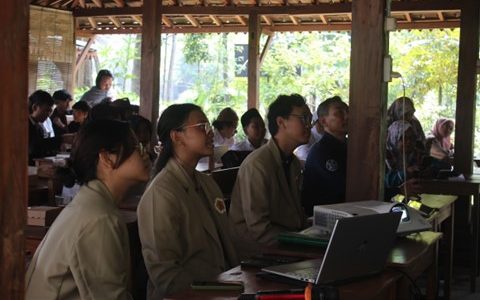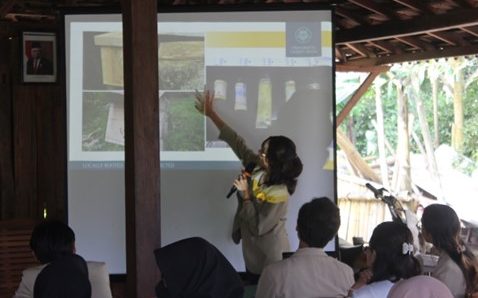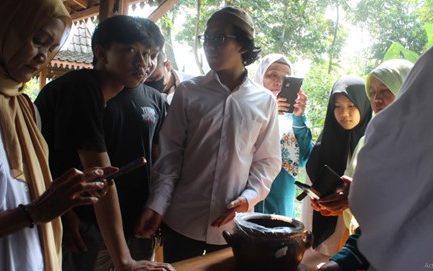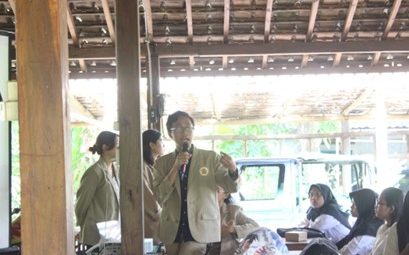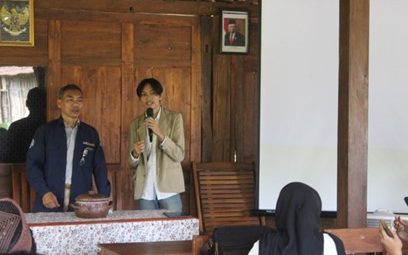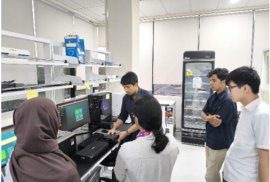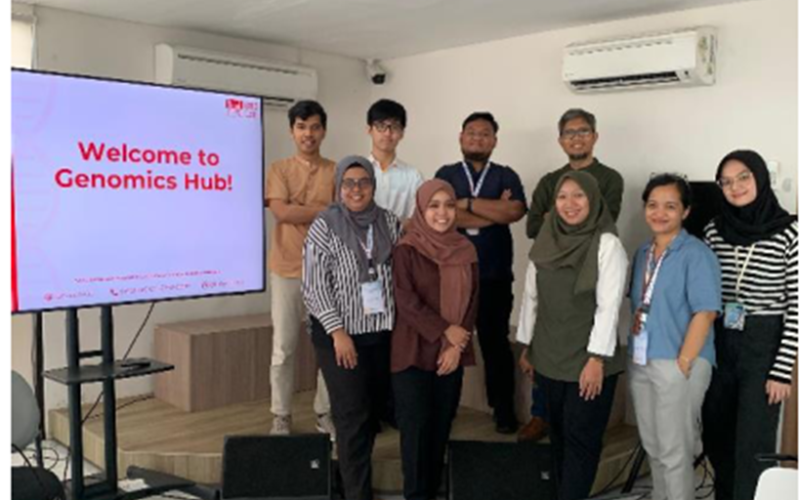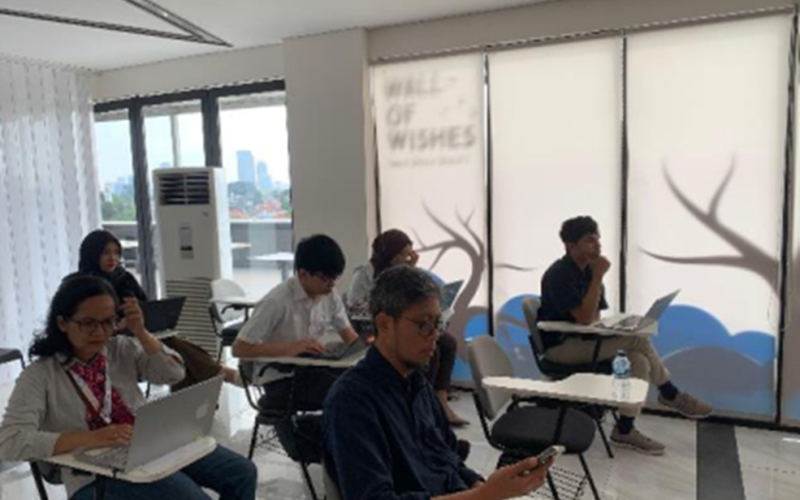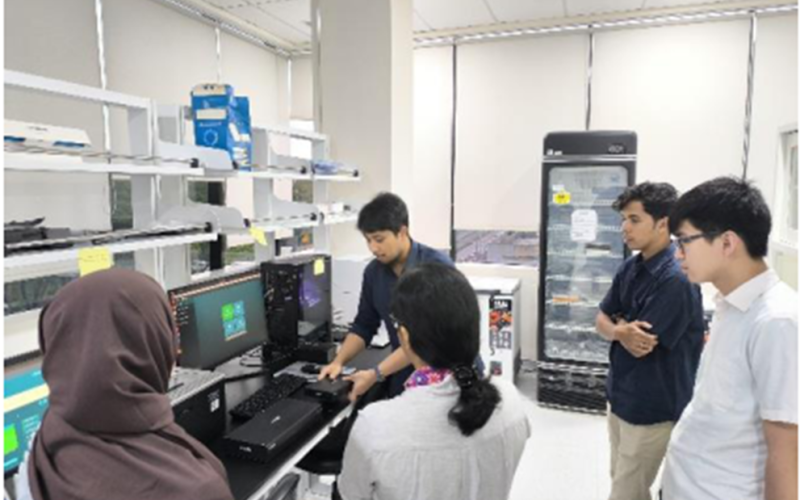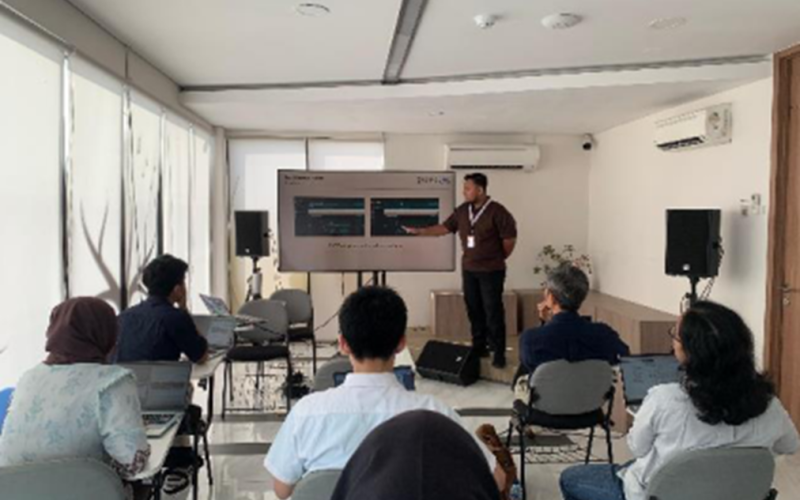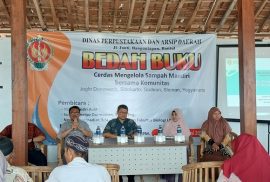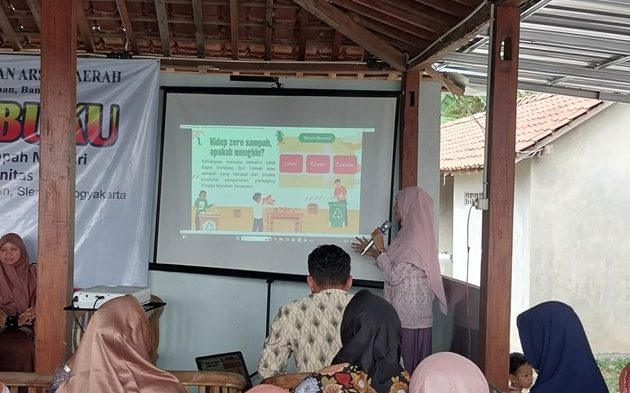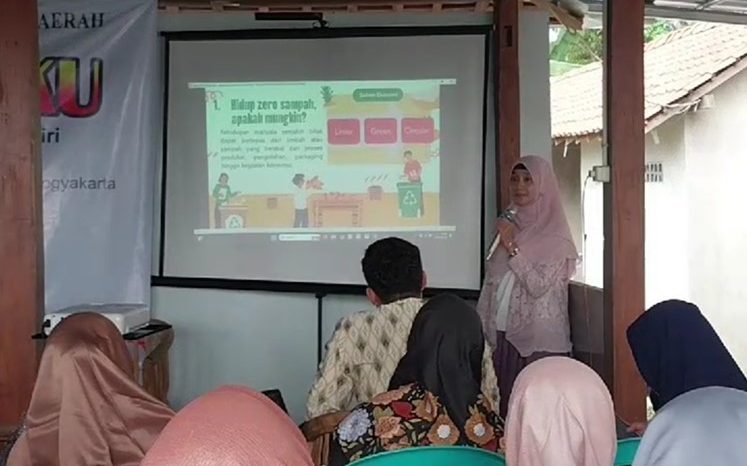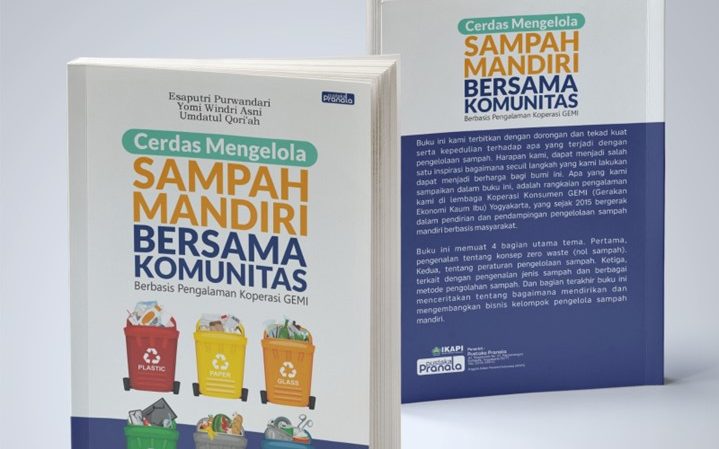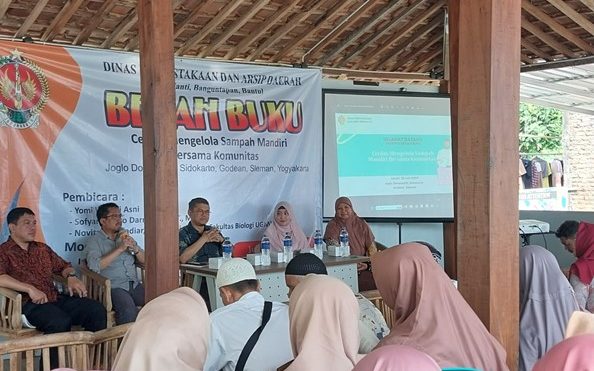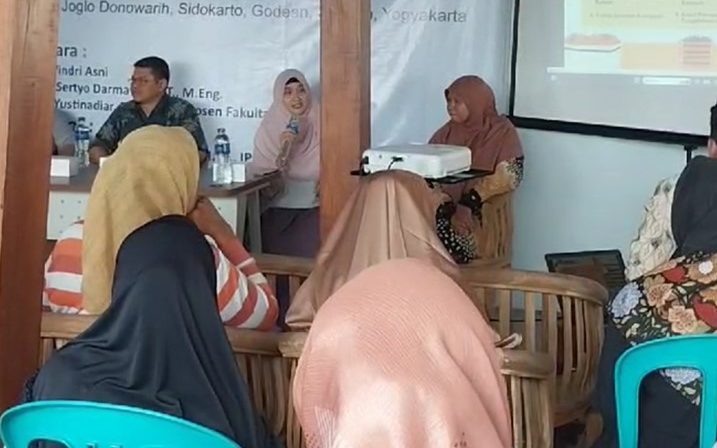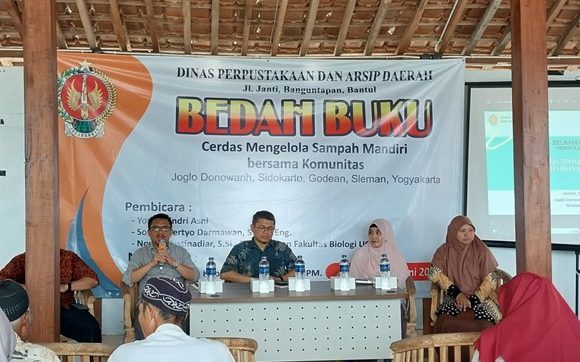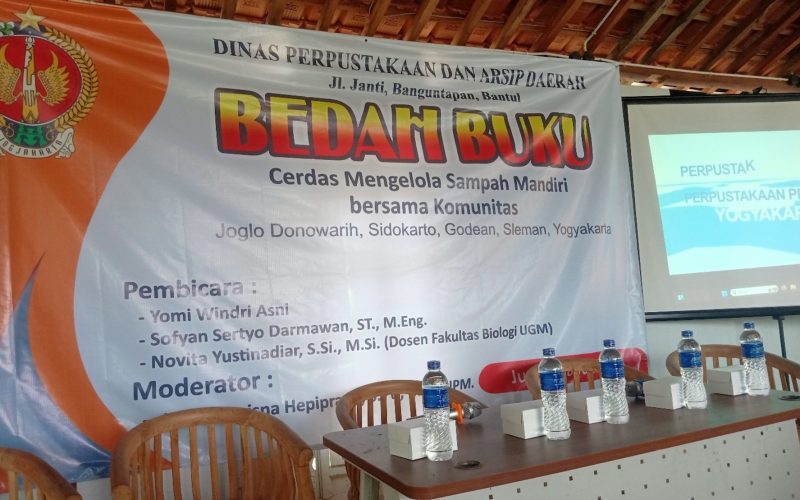SDG 5 : Gender Equality
Tuesday (9/7), the Center for Standard Testing of Forestry Instruments (BBPSIK) held a Forum Discussion Group (FGD) on Gender Roles in Public Services at the BBPSIK Cendana Room Jl. Student Army Hall Km. 15, Sleman, Yogyakarta. Lecturer at the Faculty of Biology, Dwi Umi Siswanti, S.Sc., M.Sc. invited as special representatives from Gadjah Mada University together with a student, Delia Sawanda Syarifatullah to provide input regarding public services at BBPSIK. Dwi and several lecturers at UGM have routinely sent students to carry out Practical Work (KP) at BBPSIK in recent years so that they know BBPSIK’s service standards so far.
This FGD presented speakers Aan Eddy Antana, ST, M. Eng. from The Handicraft and Batik Center and Indiah Ratna Dewi, S.Si. from The Center for Standardization and Services for the Leather, Rubber and Plastic Industry (BBSPJI). Henri Supriyanto, S.Hut.T, MAP. present as an internal speaker. A total of 120 offline and online participants attended this FGD. In his speech, the Head of BBPSIK, Dwi Prabowo Yuga Suseno, S.Sc., M.Sc., Ph.D, expressed his hope, “This FGD was held as a basis for implementing public services, to gain understanding between organizers and facility users regarding gender mainstreaming at BBPSIK”.
Aan conveyed the public service standards at The Handicrafts and Batik Center which have taken into account the excellence of men and women in public services. Women excel in the areas of good interaction and empathic value while men excel in problem-solving and systemization and competitive value. In this arena, efforts are made to balance the ratio between men and women in this hall. Similar to Aan’s presentation, Indiah said that there were efforts to achieve a balanced male-to-female ratio in her agency as well as efforts to internalize gender mainstreaming in her center. “Currently we should be proud, the Gender Development Index in Yogyakarta has reached 96.9%,” said Indiah. Henri as a resource person from BBPSIK conveyed BBPSIK’s vision to internalize public services based on gender equality. “We learn from these two agencies and want to hear input from the invitees who are stakeholders, partners, and users of our services,” said Hendri in his presentation.
The speaker’s presentation was followed by an interactive discussion from the audience. Dwi conveyed his experience of sending KP students to BBPSIK and asked about the possibility of sending KP students to the Crafts and Batik Center and BBSPJI. “In 2024, the KP agenda at our faculty will be held between July and August, how will BBPSIK and these two centers anticipate the large number of KP enthusiasts in this institution,” asked Dwi in the forum. Henri, Aan, and Indiah answered in the same way that these three bodies would accept practical work students in their institutions with open arms. Still they needed to consider the registration time, which should be six months before inplementing of the KP. “It will be straightforward for us to allocate students to each lab if you are willing to send us a letter six months before the implementation of the KP,” Henri expressed his hope. “We will add student supervisors in each of our labs so that the quota can increase every year for KP,” said Aan, providing a solution.
This FGD ended with the signing of the FGD Minutes. Dwi, representing UGM and BBPSIK service user, had the honor of signing the A Post Event Report and was also responsible for overseeing the implementation of gender equality-based public services at BBPSIK.
This activity is a manifestation of the SDGs Healthy and Prosperous Life (SDGs 3), Gender Equality (SDGs 5), Reducing Inequalities (SDGs 10), and Partnerships to Achieve Goals (SDGs 17). (DUS)
Day 1: Introduction to ONT Platform and Basic Bioinformatics
Day 2: Advanced ONT Features and Data Processing
Day 3: Metagenomic Analysis and Final Project
Importance of NGS Analysis in Supporting Biosecurity Topics to Achieve Food Security


